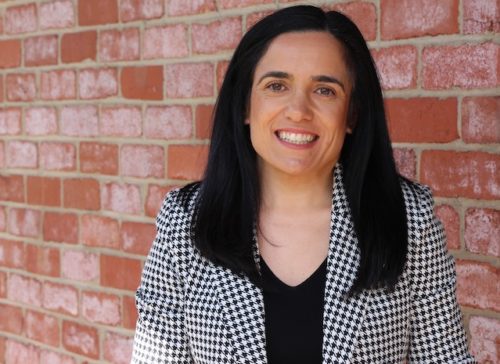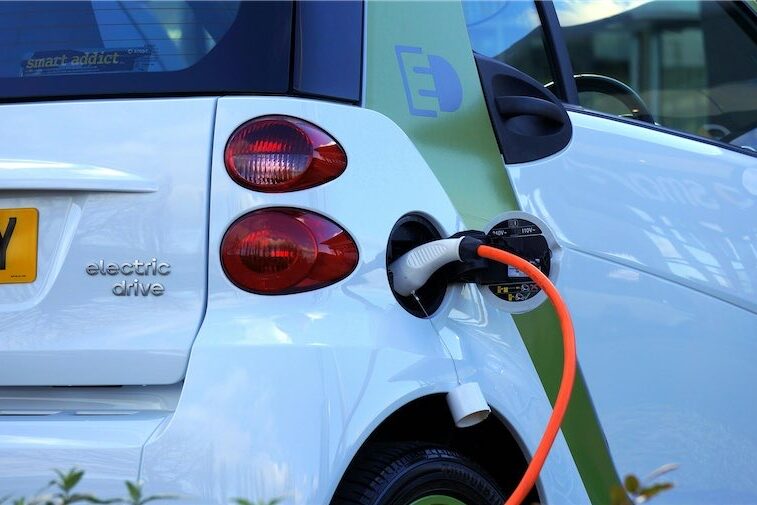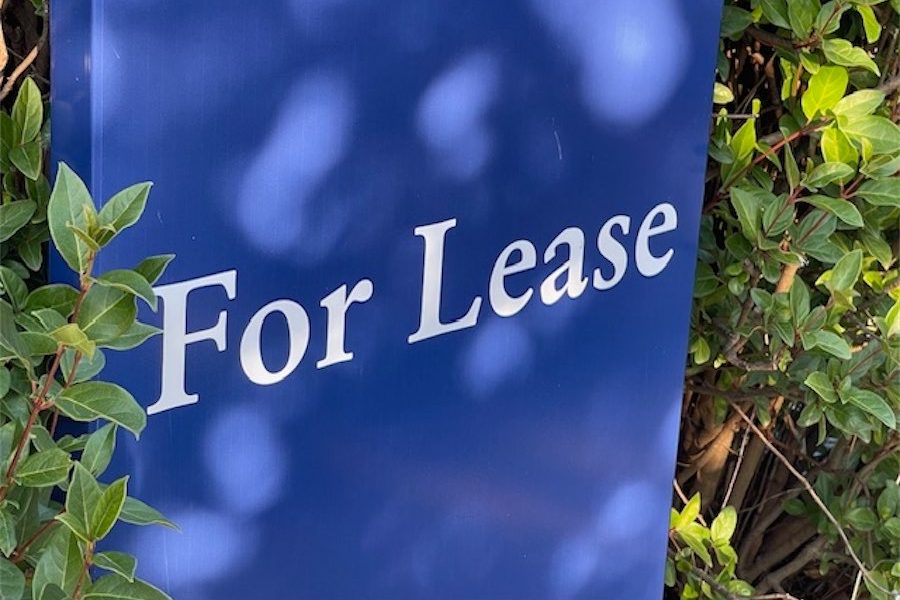
ALCOHOL marketing needs to change, according to the Foundation for Alcohol Research and Education (FARE) CEO, Caterina Giorgi, who says alcohol companies tell people to drink when they’ve had a good day, a bad day, when they’re celebrating, anxious, stressed.
“It shouldn’t be allowed,” says Caterina, who is also concerned about how easily accessible alcohol has become.
“Retailers are pushing alcohol into homes at all hours, with delivery as soon as 30 minutes.
“These practices are contributing to riskier alcohol use, and commonsense measures such as introducing a two-hour delay between online orders and delivery, are needed to prevent harm.”
According to FARE’s “Annual Alcohol Poll 2020: Behaviours and Attitudes” 67 per cent of Australians who drink alcohol had the largest quantity on one occasion in the past 12 months in the home, which is also where the majority – 73 per cent – drink most frequently.
These statistics reflect pre-covid lockdowns, and Caterina, who started in the role as CEO in March, wants to see these attitudes around risky drinking changed.
Before FARE, Caterina worked in a range of roles across the government and not-for-profit sector, which included the Department of Veterans’ Affairs, ACTCOSS, as a policy and development officer, FARE, as the director of research, and before rejoining FARE as its chief, she founded For Purpose, an organisation that works with not-for-profits to support their strategic, advocacy and communications capacity.
During her time in the not-for-profit sector and working with not-for-profits, Caterina, who holds a bachelor in population health, saw the effect alcohol has on communities, families and individuals.
“A lot of social and health problems that we talk about are amplified at the moment by alcohol,” says Caterina.
“If we can address alcohol harm, it can make a huge difference to a number of things.”
She says risky drinking contributes to so many things such as injury, family violence, ability to hold down a job, mental health issues, liver conditions, cancers and a range of chronic diseases.
But, she says it’s an issue that can be changed, which, backed with an interest in social change, social justice and politics, is why Caterina was driven towards working in the not-for-profit sector.
“There are lots of different places where people can make change,” she says.
“I thought the not-for-profit sector creates a great environment to trial programs and approaches and look at huge social issues.
“I found this community of amazing humans who are doing all they can to make sure people are healthy, they’re safe and they’re connected to the community.”
The really important thing, Caterina says, is that no one wakes up one day and says: “I’m going to have a problem with alcohol.”
“There’s a range of concerning facilitators that contribute to alcohol use and risky alcohol use,” she says.
Alcohol companies make a lot of money from risky drinking, says Caterina, pointing out that about 80 per cent of alcohol is sold to about 20 per cent of people.
“The consistent messaging out there about alcohol is coming from alcohol companies,” she says.
“It’s harmful. It’s everywhere. The availability and price of alcohol also contributes to increased drinking.
“We need to change the way we talk about alcohol. If people don’t drink, we sometimes point out that it’s odd or different but one in five people don’t drink alcohol, and for some people, drinking any alcohol at all can be problematic, so we shouldn’t assume that everyone is a drinker.”
FARE also wants to change the misconceptions around alcohol such as the information around drinking when pregnant or how much a person should be drinking a week.
New draft National Health and Medical Research Council (NHMRC) guidelines suggest drinking no more than four standard drinks on any one occasion, and no more than 10 across the week. For pregnant women, it recommends no alcohol at all and the same goes for children under 18.
Now, more than ever, Caterina says risky drinking is seen more in older generations and younger generations are drinking less.
“We’re seeing more risky drinking in older people than we’ve ever seen,” she says, predicting that could be because older people have more money and more time.
Young people are drinking less and Caterina says this could be because of the presence of social media, it could also be because young people socialise in different ways, or, she says, another theory is that young people just don’t want to do what their parents think is cool.
But for young people who are drinking, Caterina says there are concerns around alcohol delivery, with the Annual Alcohol Poll revealing that online alcohol retailers weren’t routinely checking ID, with 38 per cent of people saying their ID wasn’t checked and 25 per cent saying it was left unattended.
“Everyone selling alcohol should be required to check IDs because no one should be able to sell alcohol to children, which is illegal in pubs, clubs and bottle shops. But there’s a gaping hole in our laws around online alcohol sales where there is zero requirement for ID checks,” she says.
“This loophole needs to be closed to keep our children, families and communities safe.”
The “Annual Alcohol Poll 2020: Behaviours and Attitudes” is available via fare.org.au
Who can be trusted?
In a world of spin and confusion, there’s never been a more important time to support independent journalism in Canberra.
If you trust our work online and want to enforce the power of independent voices, I invite you to make a small contribution.
Every dollar of support is invested back into our journalism to help keep citynews.com.au strong and free.
Thank you,
Ian Meikle, editor





Leave a Reply